All posts by Walter Frei
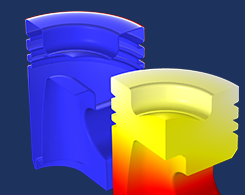
Efficient Meshing Strategies for 3D Inductive Heating Models
Interested in some efficient meshing strategies for 3D inductive heating models? In this blog post, we demonstrate how to partition a mesh based upon the element type.
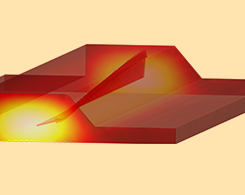
How to Model Polarization Rotation Along a Waveguide
Interested in modeling photonic waveguiding structures? Learn some efficient techniques for devices with multiple supported waveguide modes and identical waveguide cross sections.
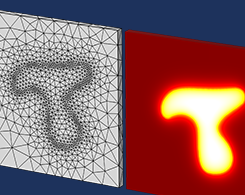
Combining Adaptive Mesh Refinement with Data Filtering
In a follow-up to our previous blog post on data filtering, we demonstrate how to implement adaptive mesh refinement and a Helmholtz filter for a thermal model with a nonuniform heat load.
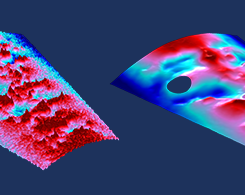
Using Data Filtering to Improve Model Performance
Want to include experimental data in your model as a load or boundary condition, but the data varies over space or time and is noisy? Try implementing data filtering, such as a Helmholtz filter.
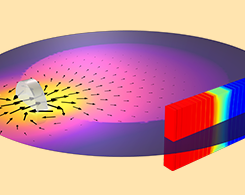
How to Model a Hall Effect Sensor with COMSOL Multiphysics®
Basic working principle of a Hall effect sensor: A nearby magnetic field deflects the path of current through a semiconductive sensor, which causes a measurable change in potential.
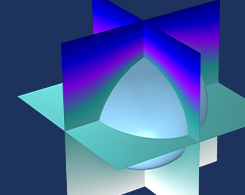
Using Global Equations to Introduce Fully Coupled Goal Seeking
Learn how to introduce a goal-seeking equation, combined with a fully coupled approach, to solve a nonlinear model. (Follow-up to an earlier blog post on goal seeking with a segregated solver.)
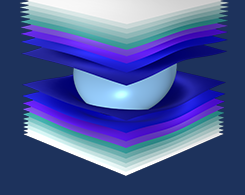
Introducing Goal Seeking into the Segregated Solver
Did you know that you can adjust a model input to achieve a desired output in your nonlinear problems? The process involves implementing a global equation into the segregated solver.
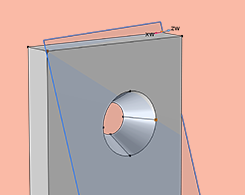
Modeling Parts Without Constraints in Your Structural Analyses
When building a solid mechanics model, there may be parts with prescribed loads but no constraints that can be reasonably applied. Learn different approaches and considerations for this scenario.
